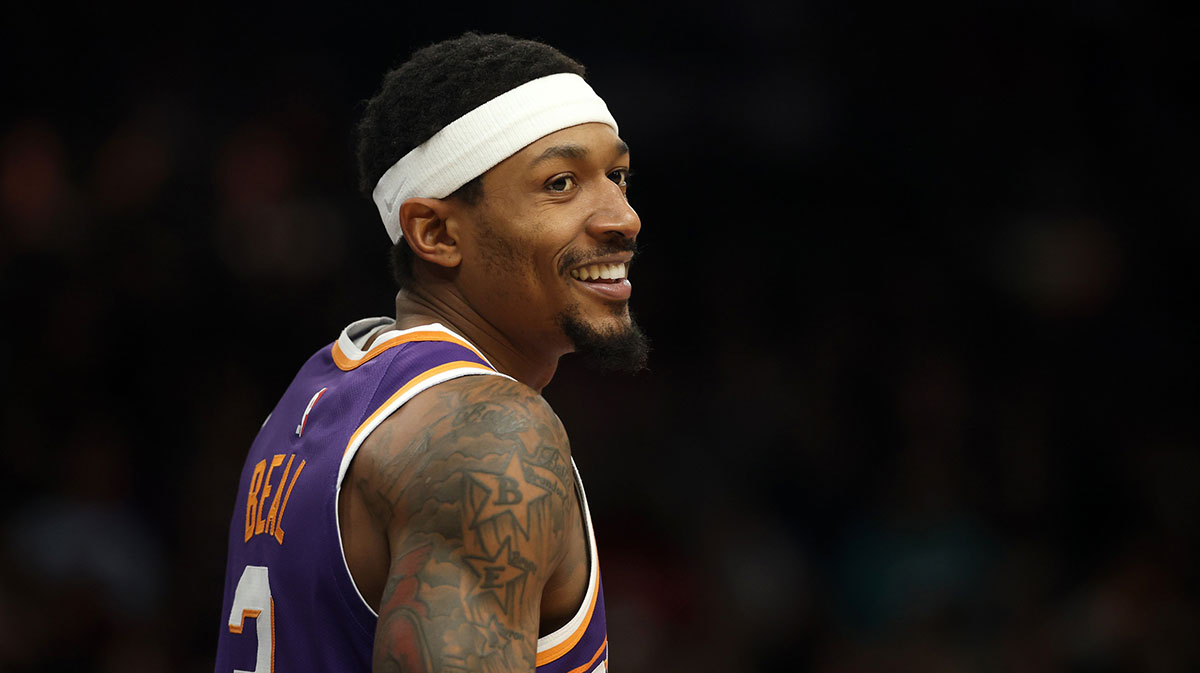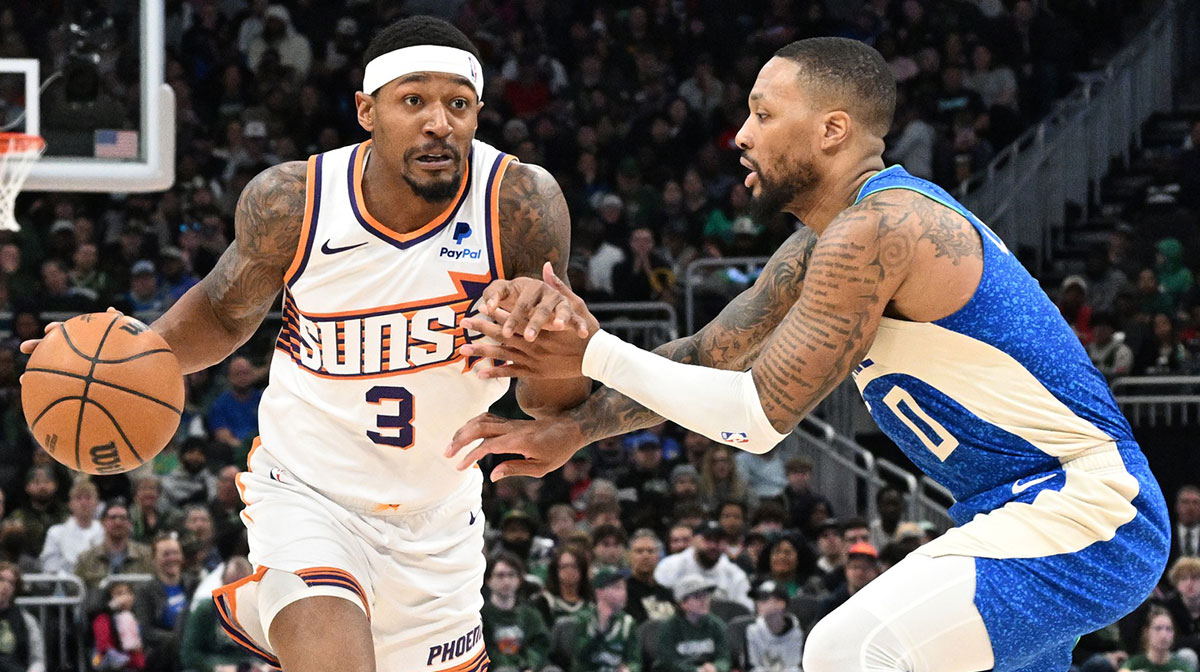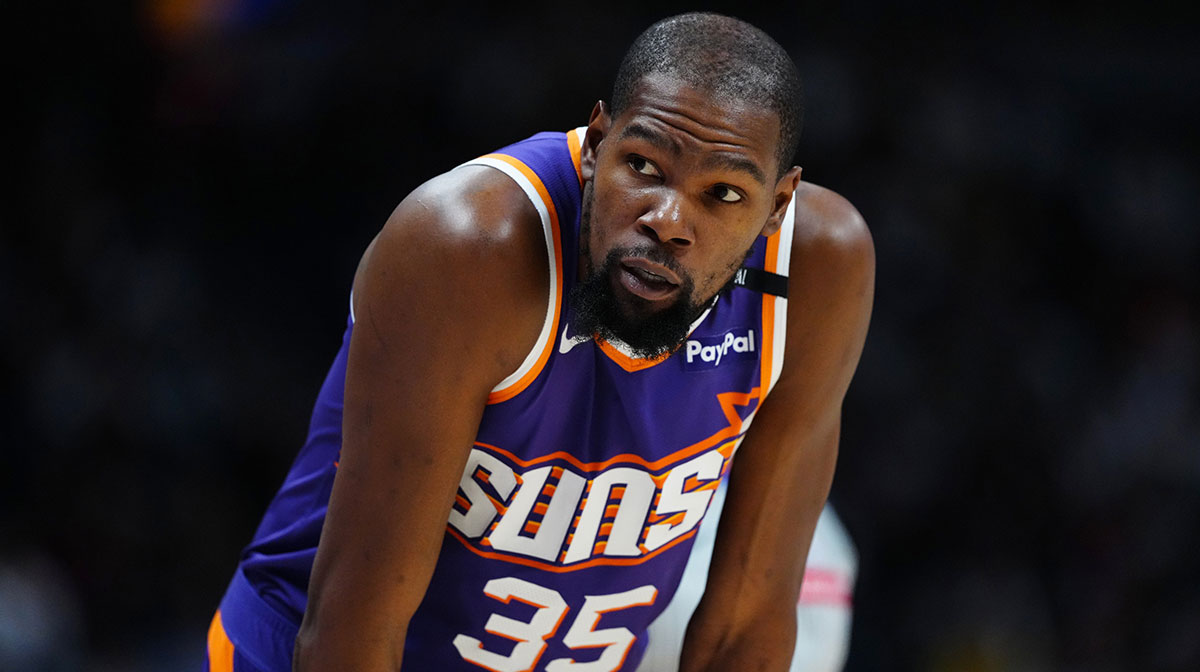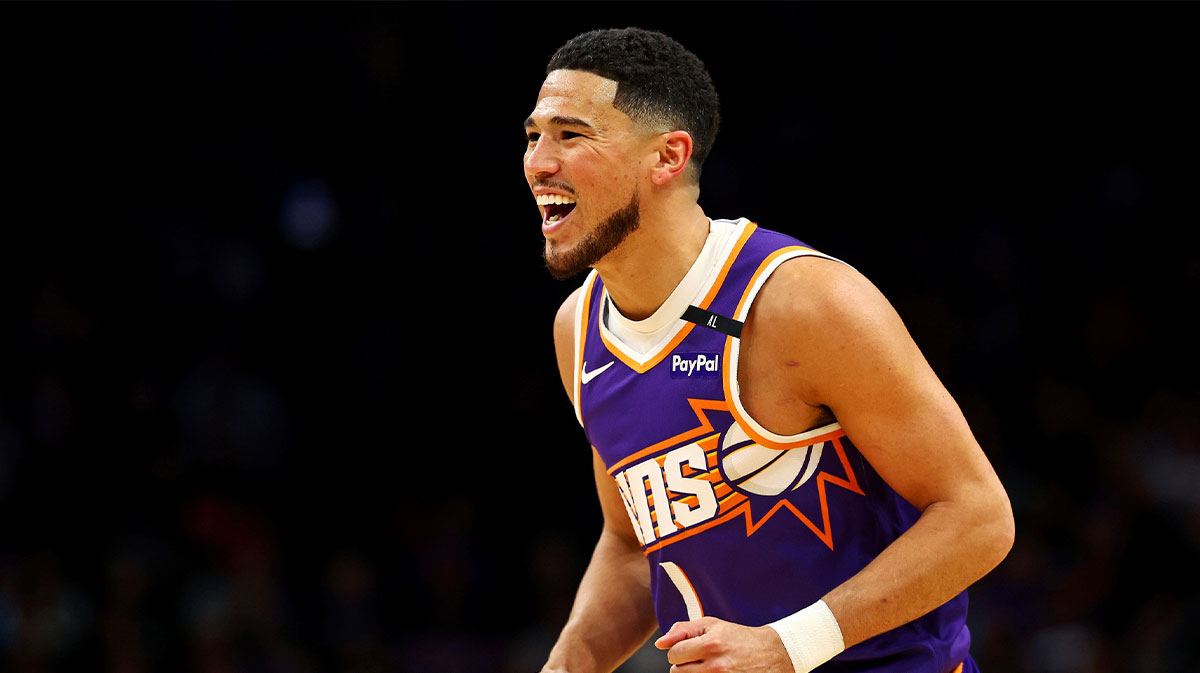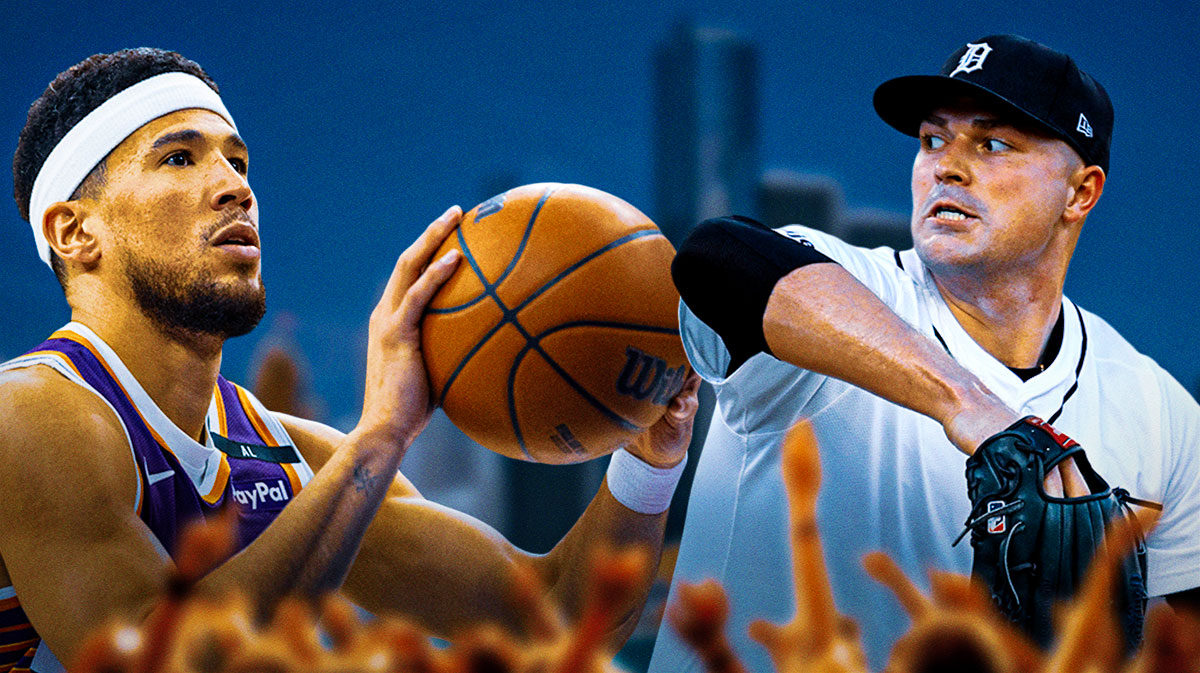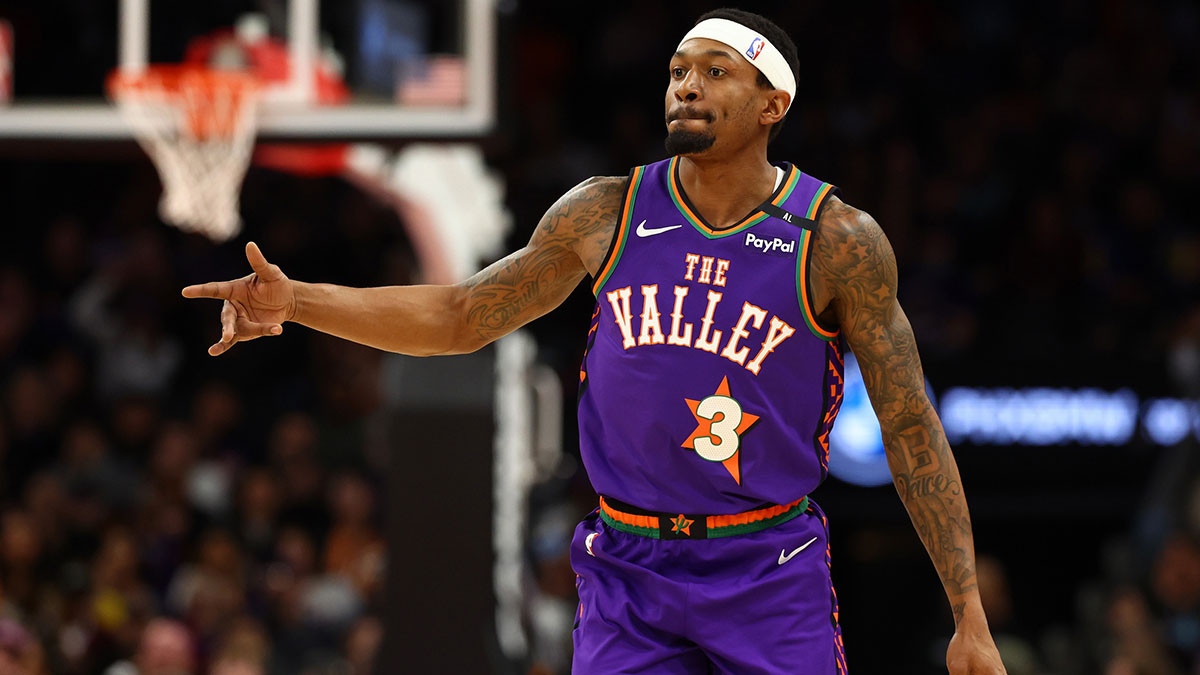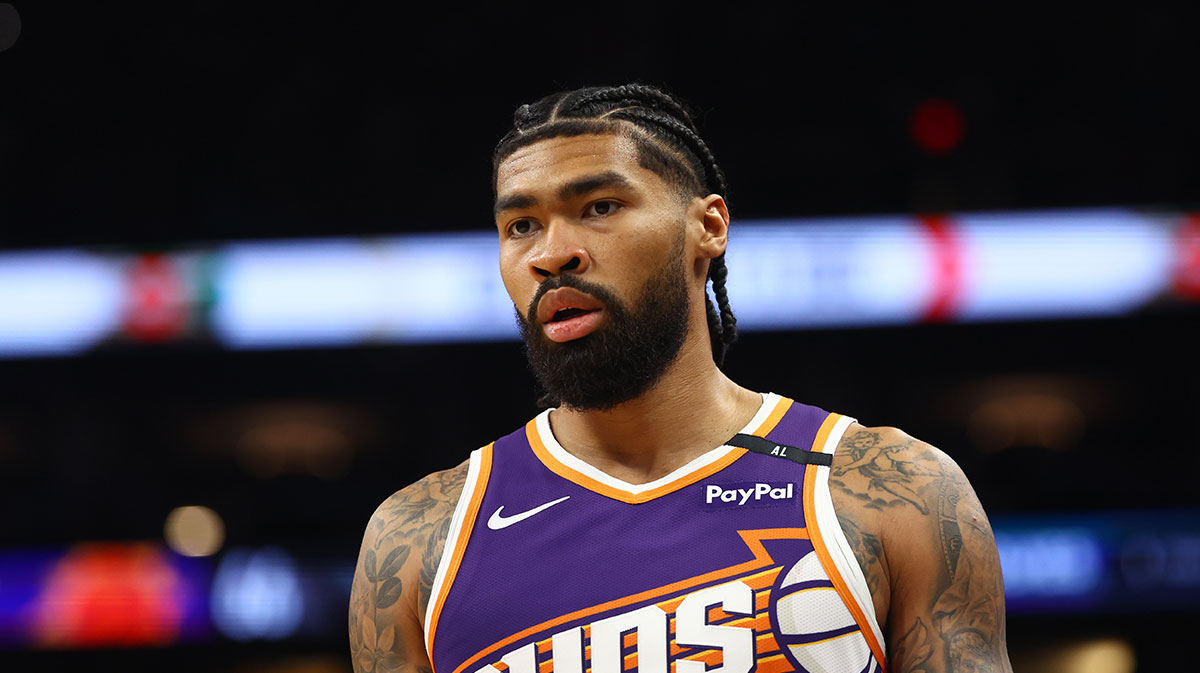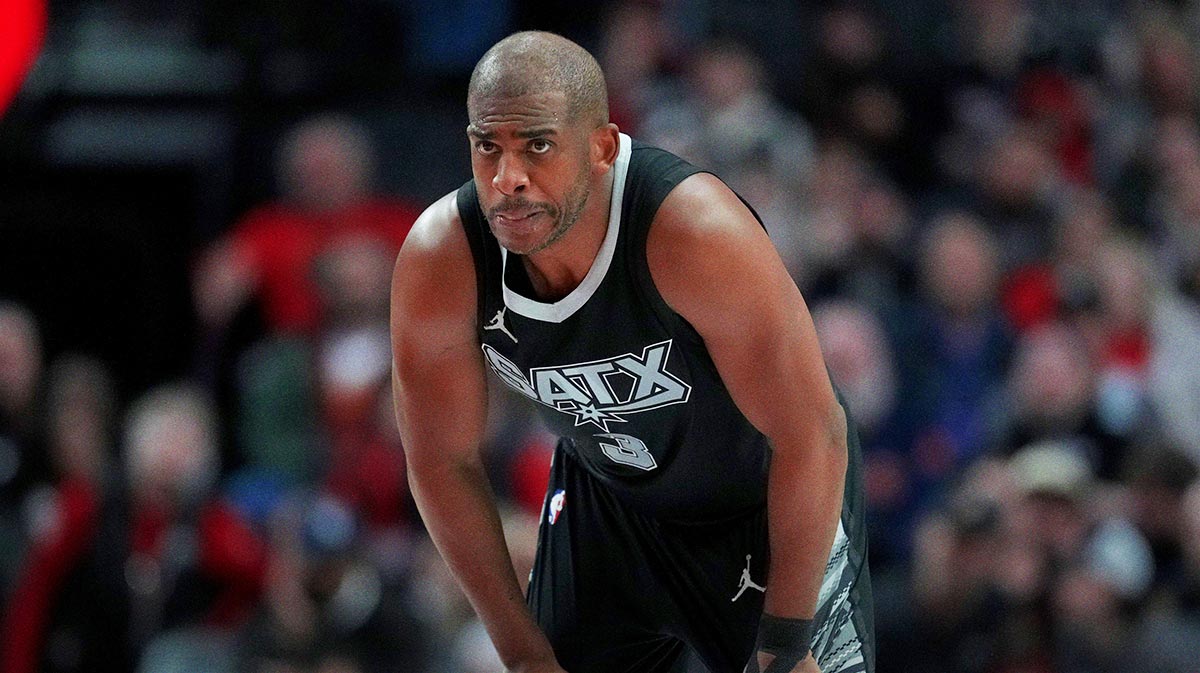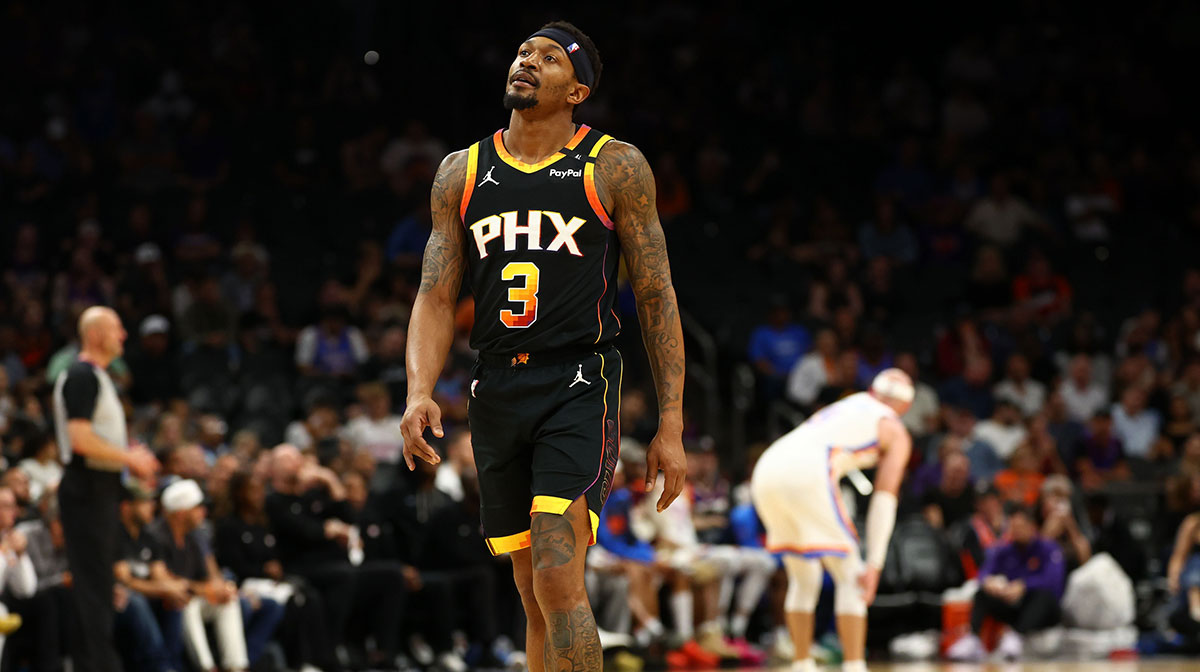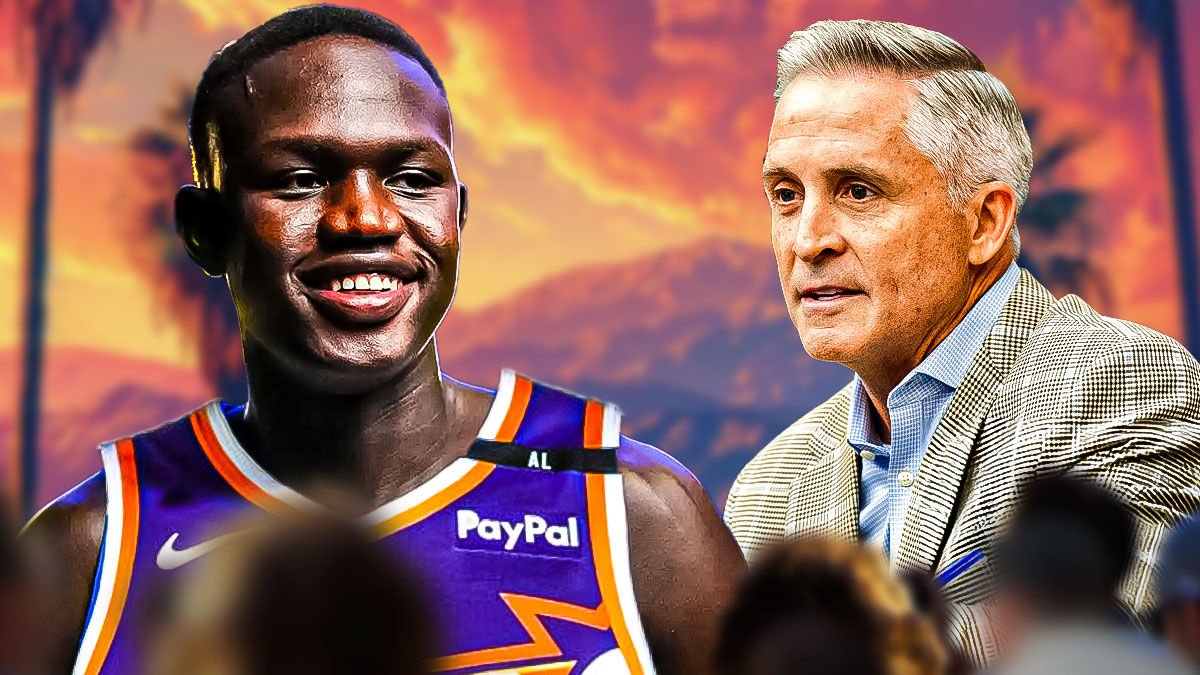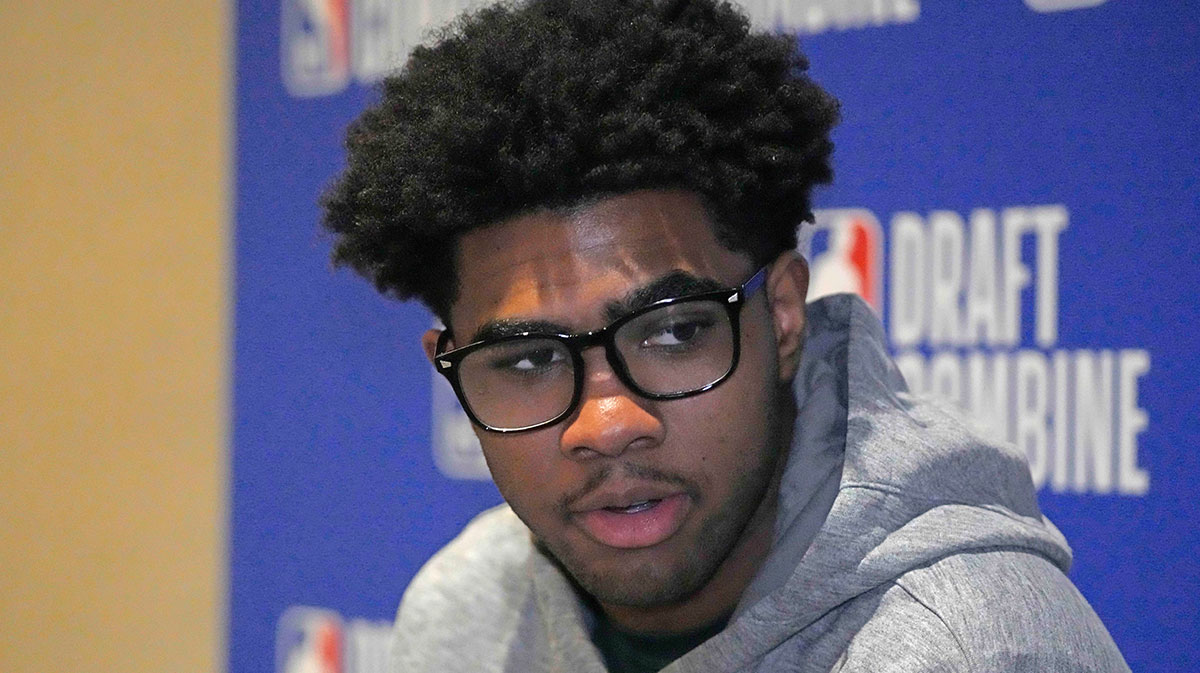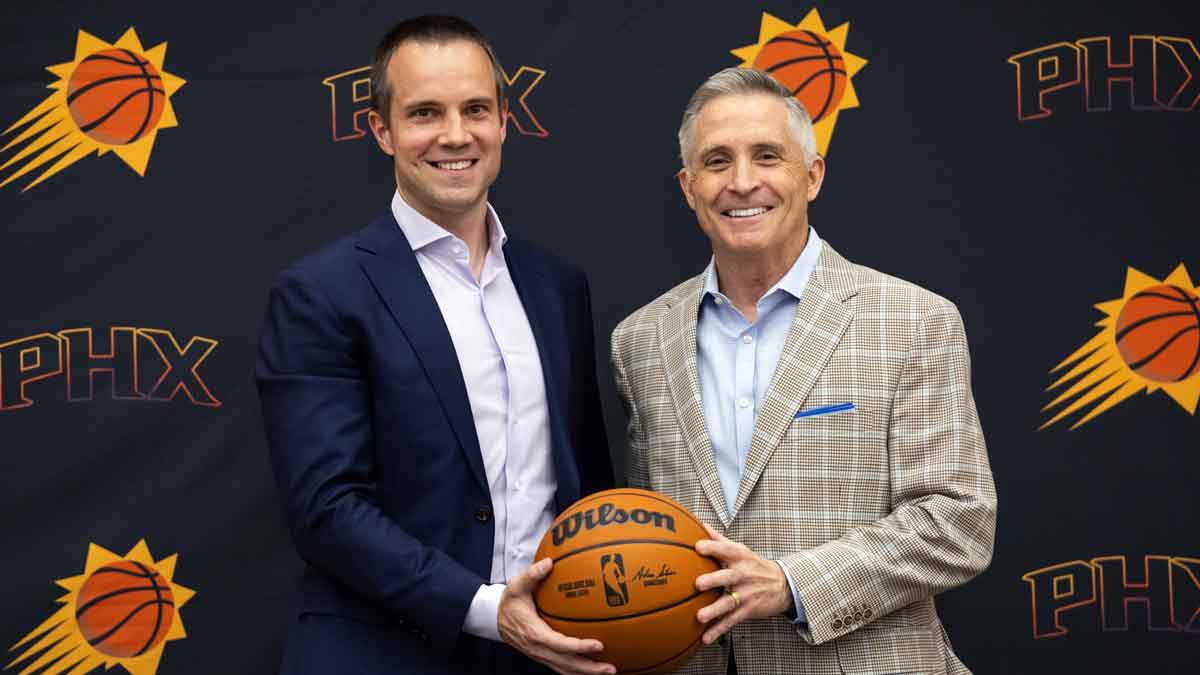Mike D'Antoni was likely very ahead of his time when he implemented the pace-and-space offense with the Phoenix Suns, one he ran to perfection with dime maestro Steve Nash. Yet the two regret not doubling down on it and exploring it to its limits.
During a recent sit-down, Nash and his old coach talked about the offense that once had the NBA at its heels, leading the league in points scored by a mile and giving slow-footed teams many a headache.
“Why did we as a basketball community not understand the math? 33% from three was better than 50% from two. Why didn't we know it?” asked Nash during a segment of Inside The NBA on TNT.
The Suns of yesteryear were fast, explosive, and fun to watch — all while winning plenty of games and making for a daunting playoff matchup.
D'Antoni admitted where it all went wrong before the team slowly disbanded.
“We were scared. Every single voice told us ‘we cannot do that', ‘you cannot win', and the reason we didn't win is that we didn't go far enough,” D'Antoni admitted. “We listened to some doubters and we should’ve put the pedal down a little harder.”
Nash, who retired after the 2013-14 season following his two years with the Los Angeles Lakers, noted the Suns were only limited by those naysayers keeping them from exploring the full array of 3-point artillery they could pull off.
“I think we limited our success by not playing quicker and shooting more threes and expanding our range,” said Nash.
Truth be told, the Suns were very ambitious to try to go small and kick up the speed in the way they did. Much like technological advances, the Suns had to take that first step for the Golden State Warriors to kick it up a notch and blow the roof out of those misconceptions.
There will likely be another team that can take that concept one or two steps further, but it was the Suns who first defied conventional wisdom and gave the NBA a taste of what small-ball success can be.
D'Antoni is trying his own version of that with the Houston Rockets, playing a lengthy, but short 6-foot-6 PJ Tucker at center — taking 3-point volume to a whole other level.

